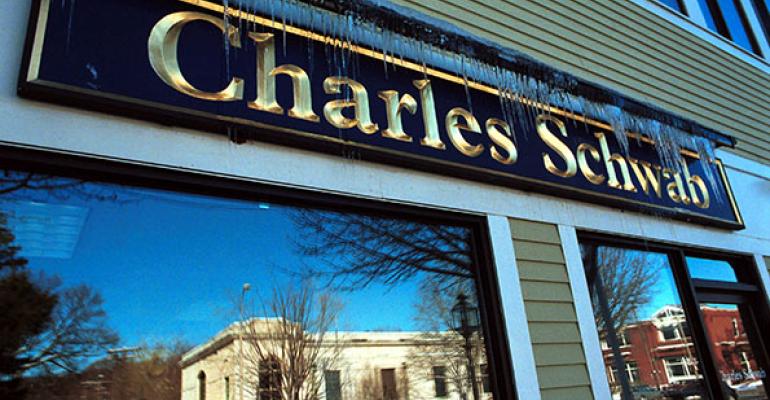Kathy Jones, the senior vice president and chief fixed income strategist at the Charles Schwab Center for Financial Research, said she was a “September-ist” coming into 2015 when it came to predicting when the Federal Reserve would raise interest rates. Now she believes the Fed won’t take action until December.
The recent market correction changed her outlook.
Jones said a September rate hike isn’t completely out of the question, but it would “very difficult” if the current turmoil continues, particularly with collapsing commodities prices and declining global markets.
“It would be a very strange time to be tightening monetary policy in September,” Jones said at a recent media event. “As much as I think [the Fed] have expressed that they want to, I think it would be very difficult for them.”
Jonathan Heckscher, the director of fixed income at Pennsylvania Trust Company, agreed with a December outlook, though he wasn’t as confident that the market had fully priced out the chance of a September rate hike. Heckscher said another factor to consider is the current political landscape.
Congress returns from its summer vacation on September 8 and has 10 legislative days to pass a budget. He said the 2013 budget argument that led to a government shutdown resulted in the Fed delaying plans for tapering back quantitative easing. This time, battles over Planned Parenthood and education could lead to another standoff between the Republicans and the White House, and Heckscher doesn’t see the Fed making a move under threat of a shutdown.
“At this point, we are in the camp that it will likely move in December, unless there is further instability in the market,” Heckscher said, adding that it makes more sense than waiting until next year. “I think truly it will be data-dependent, and if we get the numbers like we’ve gotten in the last couple of months, there’s no reason to not expect it in December.
“It’ll be interesting to hear the rhetoric that comes out of Jackson Hole in a couple of days.”
Jones said there is no average cycle of how a rate hike impacts the market. The only thing rate hikes have in common is the fact that rates were increased and the eventual flattening of the yield curve.
Antwone Harris, a vice president and senior financial consultant for Schwab, said that most individual investors shouldn’t even worry about interest rates at a practical level, especially if their financial plan is in place.





